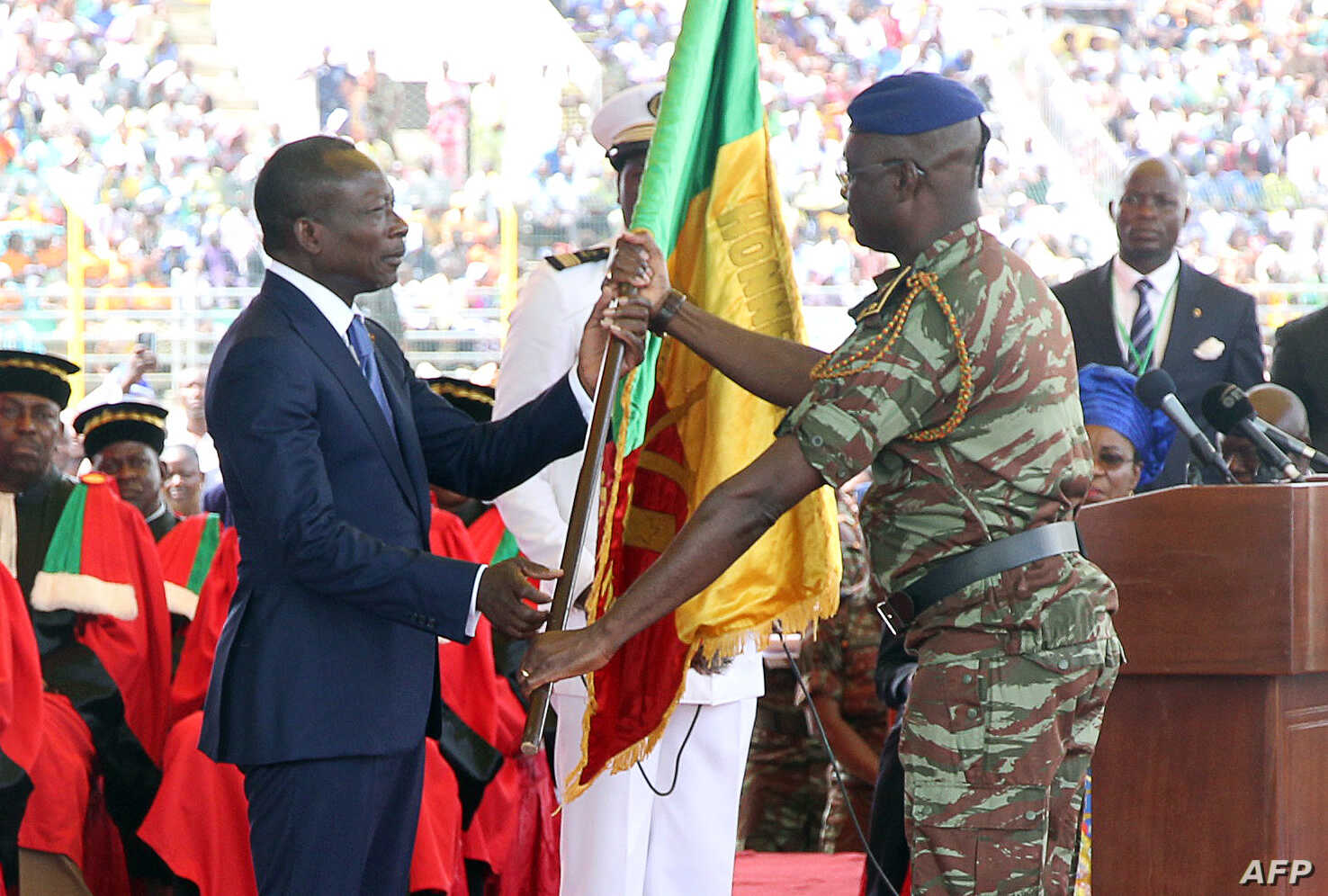
Western Africa has had a strong and long lasting reputation of dictators, authoritarian tendencies, and overall lack of democratic tendencies. However, since 1991, the state of Benin has been praised for its sentiments to strengthen democracy. In 1991, the then authoritarian leader, Kérékou, was removed from power via a democratic election and the Beninese constitution was rewritten to allow democracy to prosper. Since then Benin has been recognized as one of the first places in Africa to introduce, and by all means sustain, multiparty democracy.
The new edition of the constitution made several major changes and recentered the rhetoric around the protection of the “fundamental rights, public liberties, human dignity and justice” of civilians. Following these changes, Benin seemed to become one of the most progressive democracies in Africa, with generally respected electoral rules, basic rights, and individual freedoms. This was internationally recognized; Benin was ranked fully “Free” by Freedom House from 1991 to 2020.
However, since the current President, Patrice Talon, came to power in 2016, democratic backsliding in Benin has been underway and threats of another authoritarian leader are on the rise.
When President Talon was initially elected, it appeared as though he would follow the tradition of Beninese President’s before him. During his campaign and early tenure, he even attempted to restrict the country’s Presidential term limits to one 5 year term, instead of the traditional two. Talon’s desire to limit complacency amongst the government won him public support, and his willingness to work with former political rivals signaled he would attempt to build cross-cutting coalitions and continue democratic and opposition-filled elections. Despite this, the elections since 2016 have seen a major deterioration of opposition rights in Benin, which has been a large part of the country’s backsliding .
According to Lust, “backsliding is best conceived of as a change in a combination of competitive electoral procedures, civil and political liberties, and accountability,” and the 2019 elections strongly showcase how this occurred in Benin. Prior to the elections, Talon’s government passed a bill that heavily raised the barriers to entry for running in elections, making it extremely difficult to run as an opposition party, both in legislative and presidential elections.
In the 2019 parliamentary elections, Talon ensured his party and other loyalists would stay in power by requiring parties to obtain a “certificate of conformity” from the Ministry of the Interior (Freedom House, 2022). Five of the seven party lists lacked the necessary certificate or otherwise failed to meet the requirements of the electoral law. The two parties cleared for the elections were both loyal to the president. Not only is this clear suppression of opposing parties, but it also solidifies the Presidents’ majority support within the legislature to allow for him to be able to pass further policies to keep him in power. One such policy came prior to the 2021 presidential elections: Talon passed a bill which raised the “amount of money required to field candidates” to over $400,000 per party, which was largely disadvantageous to smaller, less centrally focused parties.
The lack of opposition in Beninise elections are a large portion of Benin’s democratic backsliding. According to Dahl’s book Polyarchy, one of the requirements for a functioning democracy is representation of political leaders, and Benin under Talon has failed this basic requirement of a democracy.
Numerous attempts have been made by outside organizations to try to steer Benin in a democratic direction.The African Court on Human and Peoples’ Rights (ACHPR) has repeatedly ruled that Benin’s constitutional revisions and other antidemocratic actions violate the African Union’s African Charter on Democracy, Elections, and Governance. However, because there is no real cost for Talon to upkeep his hold on power in this case, and he has rejected the ACHPR’s rulings. In fact, according to the Africa Center for Strategic Studies, Talon is unlikely to consider reversing the course of opposition rights unless he faces tangible political and economic costs. This is a clear violation of democratic legitimacy. This lack of legitimacy will likely see the continued breakdown of any democratic processes left in Benin, as according to Linz and Stepan, a democracy requires legitimacy and a lack of it is a contributing factor to democratic breakdown.
Sources:
Benin Election: The Fight for a Democratic Future.” BBC News, BBC, https://www.bbc.com/news/world-africa-56690689.
“Benin: Freedom in the World 2022 Country Report.” Freedom House, https://freedomhouse.org/country/benin/freedom-world/2022.
Dahl, R. A. (2007). Polyarchy: Participation and opposition. Yale Univ. Press.
Durham, Vincent. “Bénin : Patrice Talon Nomme UN Gouvernement sans Premier Ministre – Jeune Afrique.” JeuneAfrique, https://www.jeuneafrique.com/316256/politique/benin-patrice-talon-nomme-gouvernement-premier-ministre/.
Linz, J., & Stepan, A. (1978). The Breakdown of Democratic Regimes. In Problems of Democratic Transition and Consolidation. essay, Johns Hopkins Univ. Pr.
Nir, Sarah Maslin. “It Was a Robust Democracy. Then the New President Took Power.” The New York Times, The New York Times, 4 July 2019, https://www.nytimes.com/2019/07/04/world/africa/benin-protests-talon-yayi.html.
Sasse, Allegresse. “Benin Parliament Rejects Bill Aiming to Reduce Presidential Terms.” Top News | Reuters, 5 Apr. 2017, https://web.archive.org/web/20170405083328/http://af.reuters.com/article/topNews/idAFKBN1770OV-OZATP.

Hi Ulrika, I really enjoyed reading your article! I found it really interesting that while Benin was one of the first countries in Africa to introduce and sustain multiparty democracy, they have also at the same time, prevented opposition parties from running. Do you think that President Talon, even after he was re-elected, will continue his exclusion of opposition parties? Or do you think that a push from the public will change that and allow for more democracy in Benin and in elections?